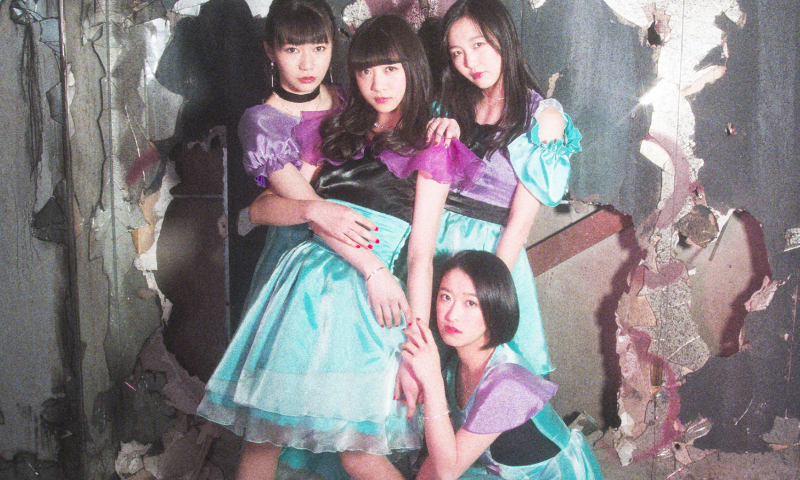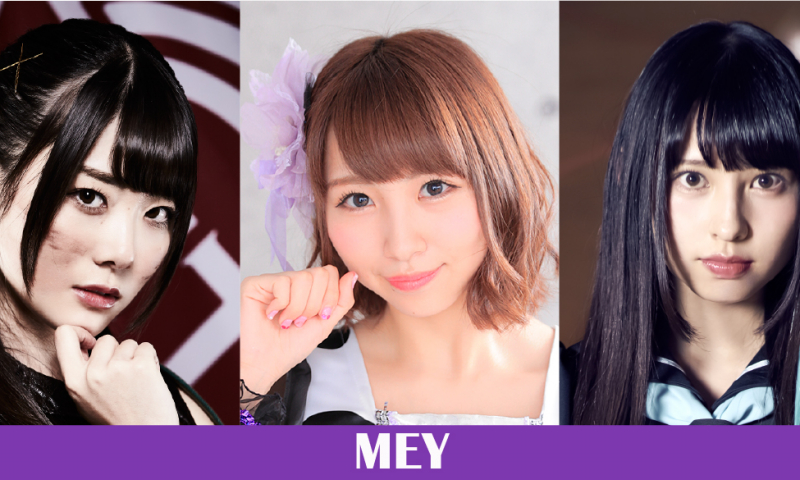
“Shine“ MV Revealed! MEY Shines Vigorously and They Rock It With Their Coolness.

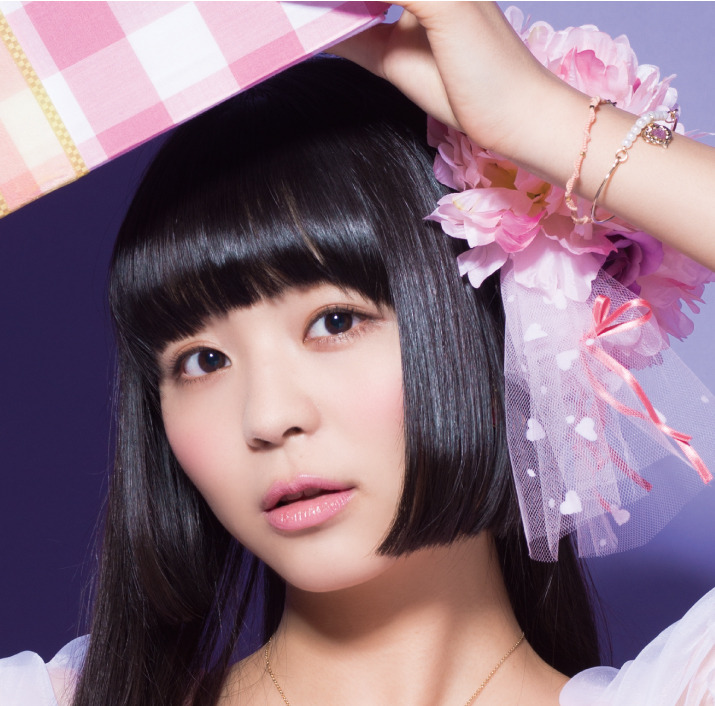
Sponsored Links
There is an increasing number of idols who admit to loving idols.
自身が「アイドル好き」であることを公言するアイドルが増えている。
During Tokyo Idol Festival 2015 (TIF) on August 1 and 2nd of this year, there were 51,481 total visitors between the two days, which exceeded last year’s attendance by 10,000 people for a record high. Just before TIF, the website LoGiRL held a special project where idols who love idols would look through the TIF timetable and announce how they would schedule their time viewing idols. 10 idols, including ayaka (lyrical school), Misa Kimura (Musubizm), Nonoka Okumura (Niji no Conquistador), Yufu Terashima announced their virtual schedules according to these timetables.
今年8月1日、2日に開催された「東京アイドルフェスティバル2015」の来場者数は2日間合計で5万1481人となり、昨年を1万人以上上回り過去最高を記録した。TIFの直前には、 WEBサイト「LoGiRL」で、アイドル好きアイドルが、TIFのタイムテーブルを見ながら「私がお客さんならこうまわる!」を発表する特別企画が連載され、ayaka(lyrical school)、木村ミサ(むすびズム)、奥村野乃花(虹のコンキスタドール)、寺嶋由芙ら、10人のアイドル好きアイドルが自身の仮想マイタイムテーブルを公開した。

Ayaka Obu
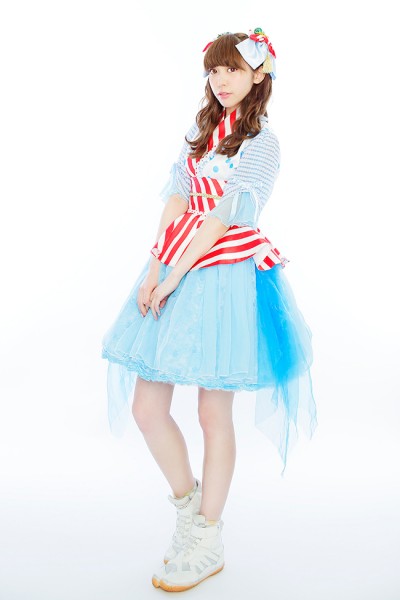
Misa Kimura

Nonoka Okumura
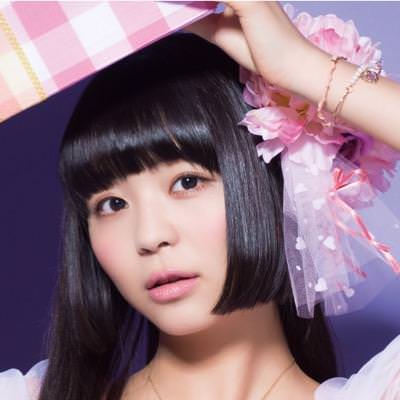
Yufu Terashima
Even Gekkan Idol Shinbun, which I am an editor for, has been following Nana Asakawa (SUPER☆GiRLS) who is an idol while also being an idol otaku and in anticipation for this year’s TIF, has added Fumika Kikuchi (Party Rockets) and Mayu Okada (Otome Shinto) for a conversation about the topic.
私が編集している「月刊アイドル新聞」でも、昨年から浅川梨奈(SUPER☆GiRLS)に「アイドルだけどアイドルオタク」の連載をしてもらっていたし、今年のTIFに向けては、菊地史夏(Party Rockets)、緒方真優(乙女新党)と合せ、3人の「アイドル好きアイドル」に2号に渡って、鼎談をしてもらった。

Nana Asakawa
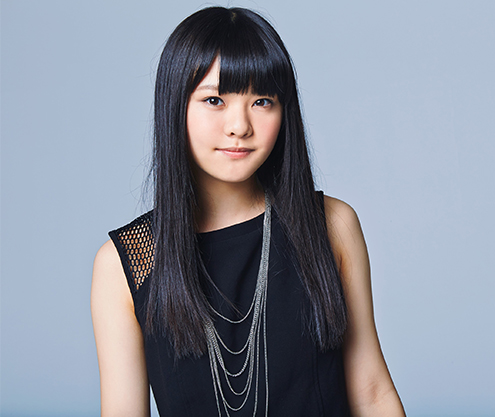
Fumika Kikuchi

Mayu Ogata
While it may be obvious for someone in the rock scene to enjoy rock, and it goes the same for idols, but this is a big change for the idol genre.
ロックバンドをやっている人たちがロックを好きなのは当たり前と言えば当たり前の話で、だからアイドルをやっている子たちがアイドルを好きなのも当たり前と言えば当たり前の話だが、その当たり前が当たり前になったのが、「アイドル」というジャンルに於いては、大きな変化だ。
Japanese singing and dancing idols started in the 70s with Saori Minami, reached the golden age in the 80s with Seiko Matsuda and Akina Nakamori, and led to the huge popularity of Onyanko Club (In 1986, Onyanko Club related songs were the weekly top for 36 of the 52 weeks on the Oricon charts). After Onyanko Club’s disbanding, it was considered the winter of the idol genre until 1997 when Morning Musume。formed, followed by AKB48 in 2005, and others such as Perfume and Momoiro Clover Z made a break leading up to the idol era once again.
歌って踊る日本のアイドルは70年代の南沙織に始まり、松田聖子や中森明菜の80年代黄金期を経て、おニャン子クラブの大ブームへと繋がった(1986年には、52週のうち36週、おニャン子クラブ関係楽曲がオリコン週間1位を獲得した)。おニャン子解散後は冬の時代と呼ばれる逆風の時代が続いたが、97年のモーニング娘。結成から、05年以降のAKB48結成、Perfume、ももいろクローバーZなどのブレイクを経て、再びアイドルの時代がやってきた。
When comparing the idols up until the 80s and the idols until early 2000, the biggest change was the main battlefield changed from on the TV screen to the stages performing in front of a live audience, as well as the values of the idols. The idols until the 80s were expected to be actresses, TV talents, or artists after using their idol status as a stepping stool and had a stern image of being forced into their careers by people of higher power, almost like puppets. But in comparison, idols today are positive about their careers and many wish to be idols for as long as they can. They even have self-producing skills like using social networking to promote themselves and their independence has even become a question among many.
80年代までのアイドルと00年代以降のアイドルを比べたとき最大の変化は、アイドルの主戦場がテレビの中からライブの現場に移ったことだが、そのほかにも価値観の変化はある。80年代までのアイドルが、将来女優やタレント、アーティストとして成功するためのステップであり、大人からやらされているイメージが強い存在、「操り人形」的だったのに対して、いまのアイドルはアイドルであることを肯定的に捉え、アイドルのまま長く活動したいと考える子が増えたし、セルフプロデュース能力やSNSを使ったプロモーション能力など、アイドル自身の主体性が問われる場面が多くなった。
There was something embarrassing about liking the previous idols since they were forced into doing idol things, but that impression is completely gone now. Being an idol is a proud career choice that many make on their own, and because of this change, idols have become idol fans and there has been an increase in idols proclaiming their love for other idols. I believe this is one of the reasons.
以前のアイドルには、大人にやらされている、なんとなく恥ずかしいものという印象があったが、いまではそうしたイメージは払拭され、アイドルは自身で選びとった誇れる仕事になった。こういった価値観や環境の変化があったからこそ、アイドルはアイドルを好きになるようになったし、アイドル好きを公言するアイドルが増えるようになったのだ。これがひとつの理由。
Another reason can be the anime, manga and games that Japan can boast about. It’s kind of an engraved thought that these leisurely activities are for kids, and when we grow up we will “graduate” from them, but the people who enjoyed these activities as kids have grown up. The kids who enjoyed manga and have grown up are still enjoying manga, and the kids that grew up enjoying anime and games are still enjoying anime and manga.
もう一つ、アニメやマンガ、ゲームといった、いまや日本が世界に誇るポップカルチャーは、もともとは子供向けの娯楽で、それらは当初、大人になったら「卒業」するものと思われていた。だが、子供の頃、マンガが好きだった人たちは、大人になってもマンガを読むし、それはアニメやゲームに関しても同様だった。
When Akio Nakamori coined “otaku” in the 80s, it was a discriminatory term used to talk about people who participated in Comic Markets and older people who were passionate about anime and manga, but it has changed dramatically to become a casual term without any discriminatory connotations. Comic Market was started by several hundred people in the mid 70s, growing in the 80s by more than 1 million people, and has become a major event that happens twice a year in the winter and summer bringing in more than 1 million people per year.
80年代に中森明夫が「おたく」を命名したとき、その言葉には、コミケに参加する人や、いい年をしてアニメやマンガに熱中する人々に対する差別的な意味合いが込められていたが、いまやあまりにも大衆化してカジュアルになった「オタク」に差別的な意味合いはない。70年代半ばに参加者数百人でスタートしたコミケは、80年代初頭に参加者が1万人を超え、いまや夏冬2度の開催で年間100万人以上を動員する一大イベントとなっている。
This wave of casual otakus have also increased in the idol world. It’s thought that once an idol fan goes through puberty, they will “graduate” from supporting idols and the fans who don’t stop are considered otakus. It must be around 2005 when AKB48’s popularity exploded and the number of younger idol fans expanded, making it a common thing to be a fan of an idol, which was followed by 2010 (the year of the Idol Battle movement) which made the younger generation of fans immune to the negative connotation of the original meaning of “otaku.” And perhaps that’s why everyone can be so open about liking idols.
こうした「オタクのカジュアル化」の波はアイドル界にも起こっている。思春期を過ぎればアイドルのファンは「卒業」するもので、大人になってもアイドルファンでいる人は特別な「おたく」であるというイメージが、ある時期を境に霧散した。おそらくは05年以降 の、AKB48の盛り上がりとともに、若い世代のアイドルファンが一気に広がり、アイドルを好きであることが特別な趣味でなくなったこと、とくに10年以降の「アイドル戦国時代」と言われるムーブメントの中でアイドルファンになった世代からは、上の世代の「おたく」が持っている後ろめたさのようなものが、ほとんど感じられない。だから彼ら彼女らは「アイドル好き」であることをオープンにすることに躊躇がない。
Although the two mentioned reasons probably helped the increase of idols idolizing idols, everyone has different opinions and reasons as to why they like other idols. For example, the older generation of idols, the idols who have experienced the transition period,and the young idols who became idols in today’s era all have different experiences and thoughts about the idol world.
以上の2つの流れが大枠の変化だが、もちろん「アイドル好きアイドル」と言っても、好きなタイプや好きなるポイントは人それぞれだし、例えば、今のこのライブ系アイドルブームが来る前の寒い時代から活動しているアイドル、そしてブームが盛り上がっていく過渡期の時代を経験しているアイドル、そしてブームから定着に向かいつつある今の時代にアイドルになった若い世代のアイドルとでは、それぞれ見方や感じ方は異なる。
So if this becomes a continuing series, I want to delve into the situations of each individual idol who loves idols.
なので、これが無事、連載的な企画となるのであれば、次回以降は、できるなら一人一人 個別の「アイドル好きアイドル」の事情を掘り下げていきたい。
Translated by Misato
Sponsored Links
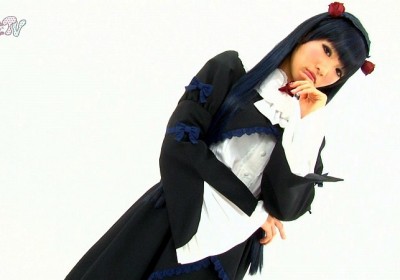
[Exclusive Program] Tokyo GIrls’ Update TV #006 : SBY in Shibuya109 & Pikarin’s Cosplay
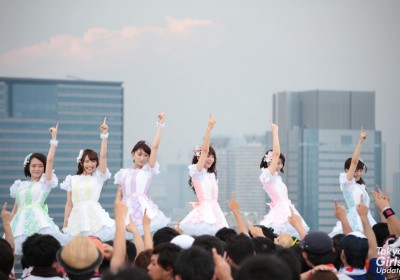
Tokyo Idol Festival 2015 Platinum Passport Photo Collection: 3min., PASSPO☆, predia, palet


